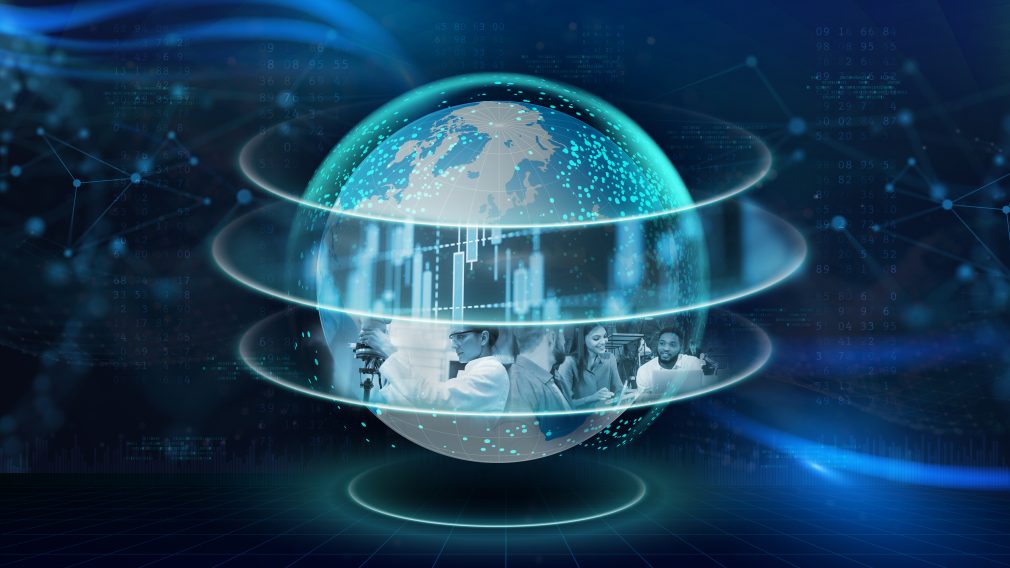ESA’s Φ-week fourth edition took place last 11-15 October, focusing on the New Space economy and its associated innovations.
Recordings of the sessions from this hybrid formula event (virtual for the public and in person for invited speakers) are now publicly available.
Find here below direct links to recordings of a selection of EO science for society – specific sessions.
Side event recordings are also available as a playlist in our EO Open Science YouTube channel.
Among others, you will find:
- RACE Dashboard and Challenges – The Rapid Action on COVID19 with EO
- AI for Space and Earth Observation
- Euro Data Cube Bring Your Own Algorithm
- New Space Actors contribution to EO for Security

